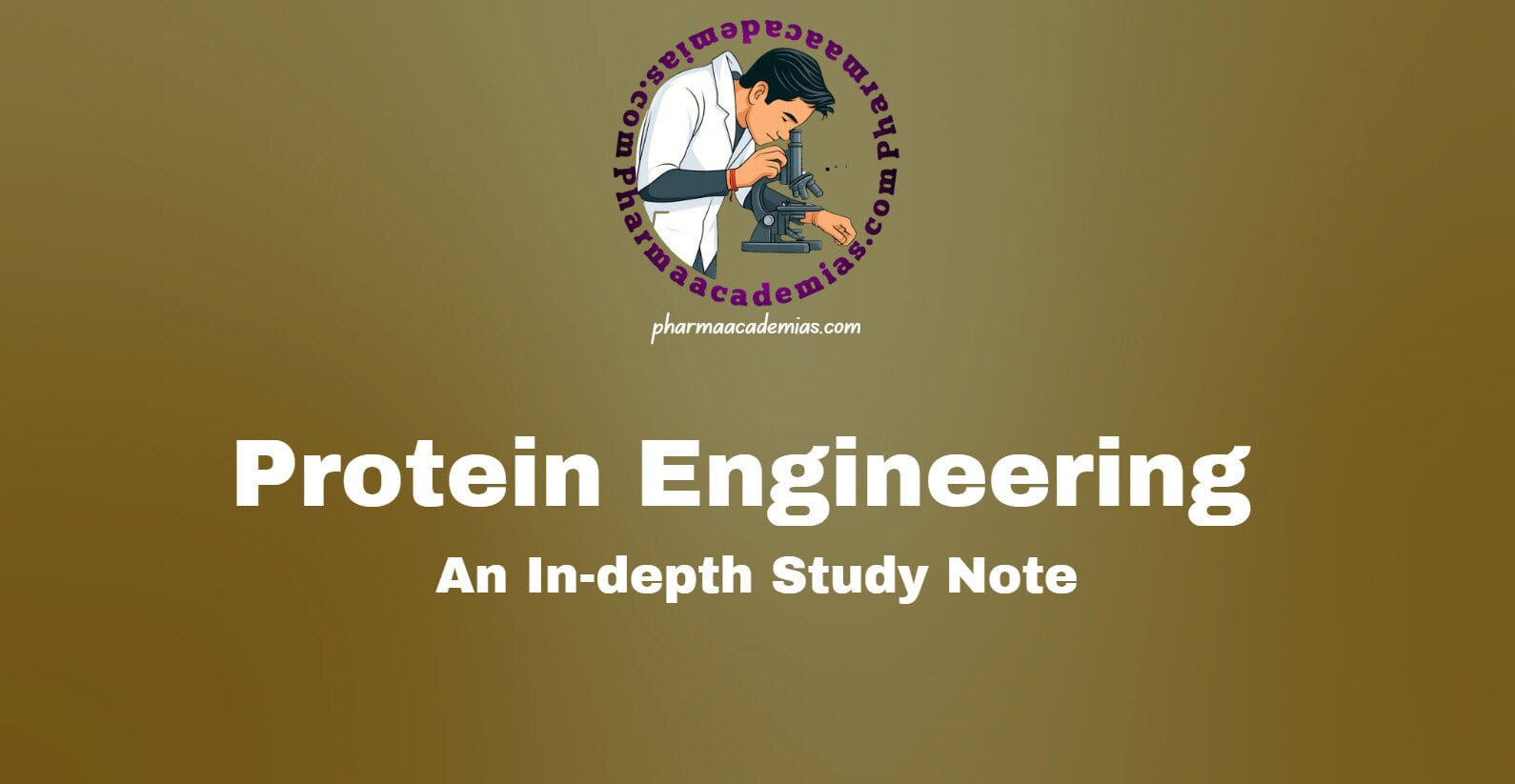Total Quality Management (TQM)
1. Introduction to Total Quality Management Total Quality Management: In today’s hyper-competitive global market, where customer expectations are ever-evolving and regulatory pressures are mounting, quality is not merely an operational requirement—it is a strategic imperative. This is especially true in industries such as pharmaceuticals, healthcare, biotechnology, aerospace, and manufacturing, where a small deviation from quality … Read more










